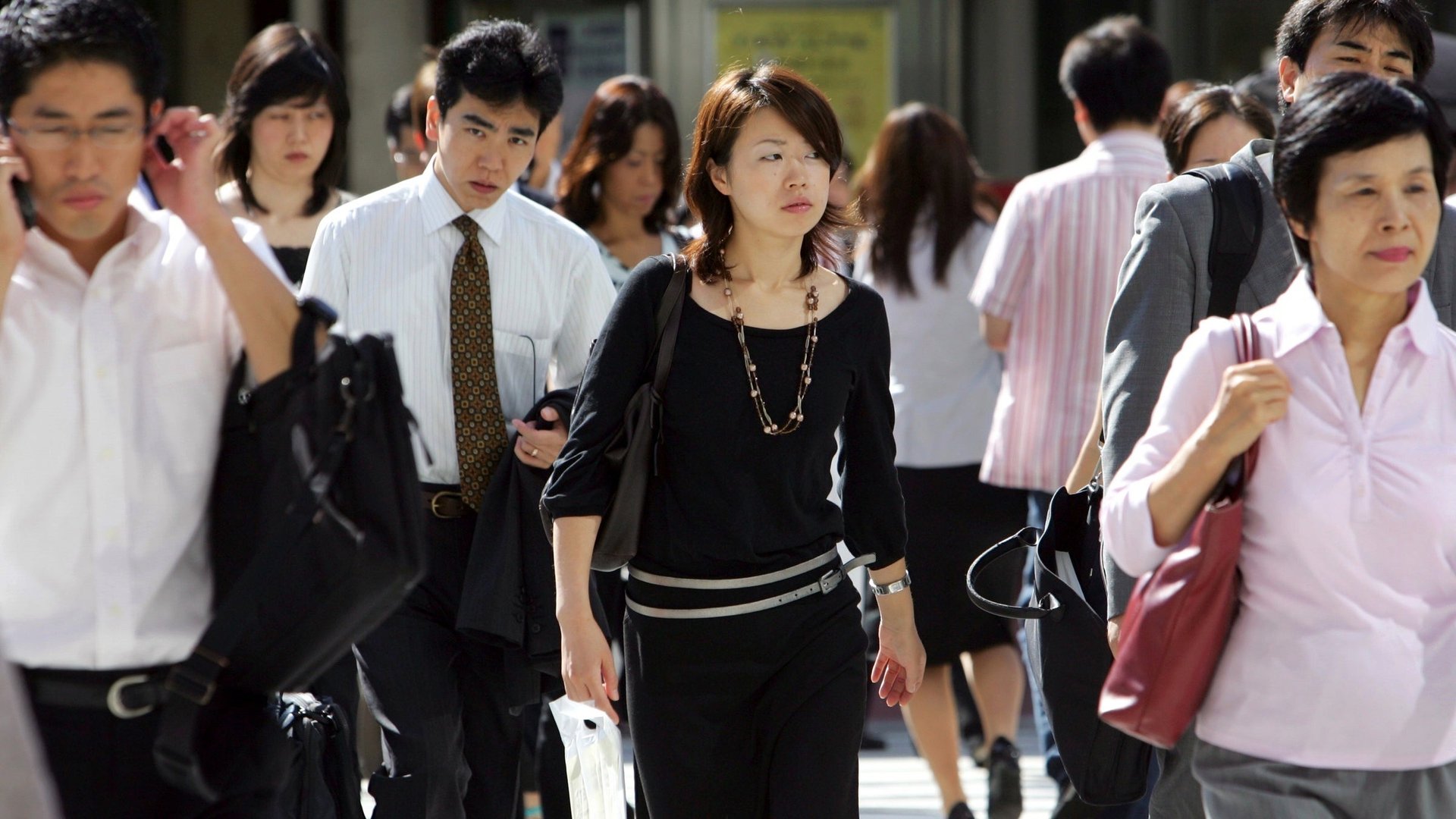Nearly half of Japan’s working women are accused of “causing trouble” when they get pregnant
Getting pregnant should bring joy, but in Japan’s workplace, it can bring misery. Maternity harassment—in which workers are demoted, dismissed, unfairly treated, or verbally harassed because of pregnancy and childbearing—plagues female workers in the world’s third-largest economy. Survey results shared on Nov. 12 by Japan’s labor ministry reveal how common the problem is, reports the Asahi Shimbun.


Getting pregnant should bring joy, but in Japan’s workplace, it can bring misery. Maternity harassment—in which workers are demoted, dismissed, unfairly treated, or verbally harassed because of pregnancy and childbearing—plagues female workers in the world’s third-largest economy. Survey results shared on Nov. 12 by Japan’s labor ministry reveal how common the problem is, reports the Asahi Shimbun.
Conducted in September and October, the survey included 3,500 women aged between 25 and 44, selected from each industry and corporate scale bracket.
Temporary workers were the most affected by maternity harassment (or matahara), but more than a fifth of permanent workers said reported they had been harassed:
Among the respondents, almost half were told they were “causing trouble” or encouraged to retire after they got pregnant:
Also, 40% of the respondents said their harassers were male superiors, while 20% said there were harassed by female superiors. The remainder said the harassment came from co-workers.
In June a group of Japanese women spoke out against maternity harassment at a news conference organized by Tokyo-based nonprofit MataharaNet, giving examples of the kinds of treatment they received. A clinical psychologist told of her work conditions worsening after she returned from maternity leave. Her boss asked her to not join off-site activities—important for advancement in her field—that she’d previously performed routinely, such as attending conference. When she did participate in off-site activities, her employer, without her consent, counted it as absence and reduced her pay.
Prime minister Shinzo Abe has called for women to be in 30% of leadership roles—in all sectors—by 2020. Narrowing the gap between men and women in the workforce is a large focus of his economic revival plan. Japan’s problem with an aging population is exacerbated by women feeling that—given the culture—they realistically have to choose between having either a career or children, rather than both.
The Equal Employment Opportunity Law prohibits employers from dismissing or demoting employees because of pregnancy and childbearing, according to the Asahi Shimbun.
Yet women rarely reach supervisory positions. In April 2014, the nation’s labor ministry launched a program offering financial rewards to small and mid-sized firms for promoting women into supervisory positions. Seventeen months later it reported that not a single company had applied for the reward.